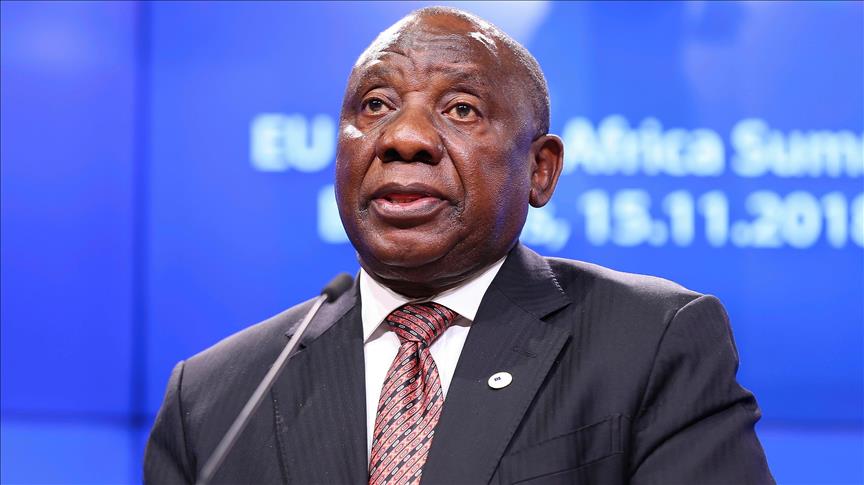On Sunday, South Africa assumes the G20 presidency, marking a historic first for the African continent. The presidency comes a year after the African Union became a permanent member of the forum, providing South Africa with an opportunity to advocate for key issues that are central to Africa’s development. President Cyril Ramaphosa has outlined priorities including inclusive economic growth, food security, climate change, and the role of artificial intelligence in shaping global progress. However, with global tensions rising—especially surrounding trade wars and diplomatic conflicts—the country faces significant challenges as it works to implement its agenda.
As the fourth emerging market nation to lead the G20, following Indonesia, India, and Brazil, South Africa aims to build upon the work of its predecessors. But the presidency comes at a time of growing polarization, with countries like the United States, China, and Russia embroiled in trade disputes and geopolitical tensions. With the U.S. set to take over the G20 presidency in December 2025 under Donald Trump, whose policies threaten to escalate protectionism and roll back climate change measures, South Africa’s leadership will be crucial in ensuring the Global South’s priorities remain intact.
The G20, which represents 85% of the global economy and nearly 75% of global trade, faces mounting challenges as rising protectionism threatens to undermine growth prospects, particularly for emerging economies. The International Monetary Fund (IMF) and global rating agencies have issued warnings about the detrimental effects of these trends. With South Africa’s G20 presidency, experts believe the country has a vital opportunity to push for necessary reforms in areas like sovereign debt management and the functioning of the World Trade Organization, which could help further Ramaphosa’s vision for inclusive and sustainable growth.



